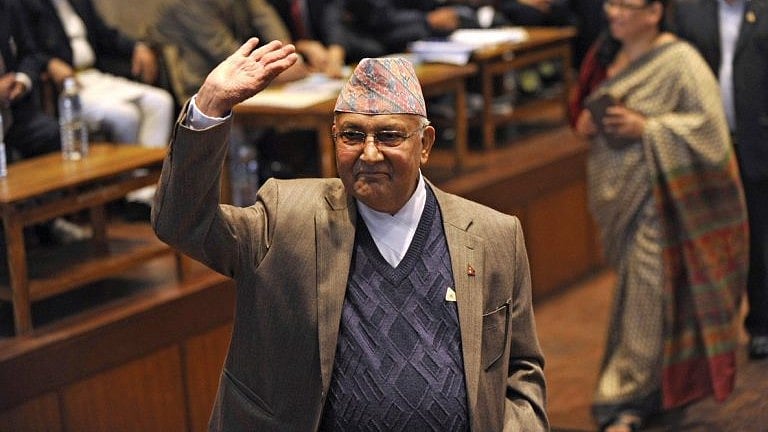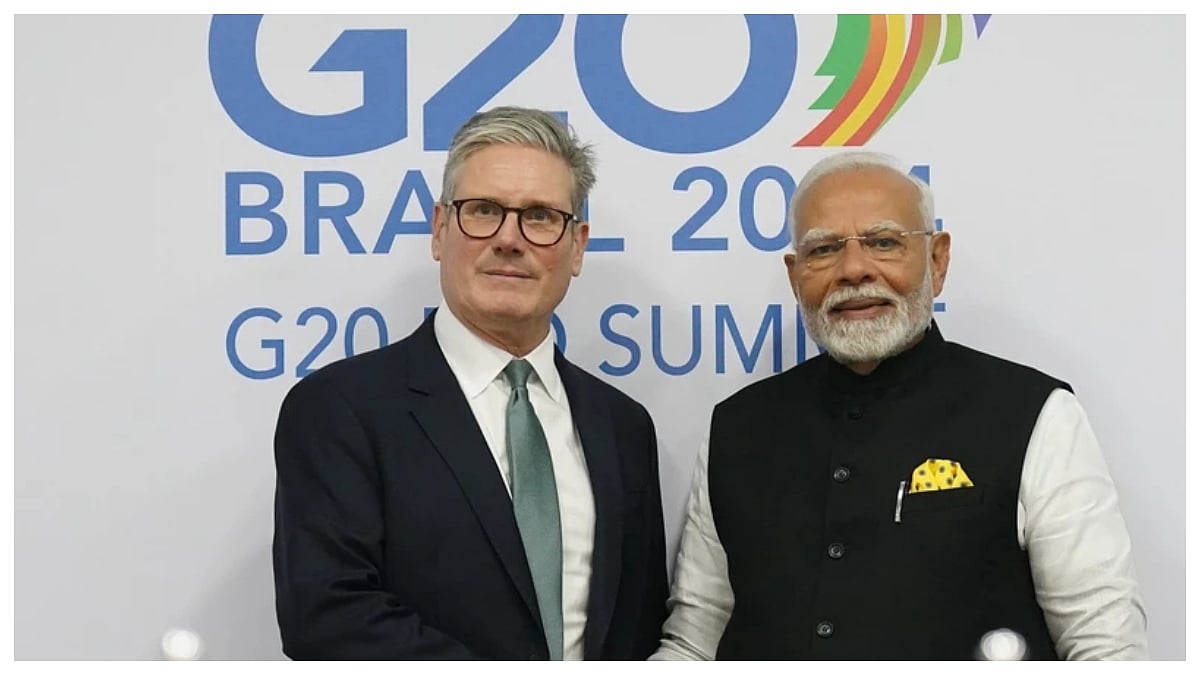We often hear that religion and politics should not be combined, yet we also hear that art and sports are inherently political. The truth is that in any world, politics influences every field because laws, foreign policy, and security are inherently political in nature.
Then, what about religion and politics?
Religion and politics can coexist harmoniously when religion provides dharmic guidance to politics. The key condition is that religion must not be exploited for political purposes like conversion or subversion.
Critics argue that such combinations inevitably become corrupted. But then anything can get corrupted. Does corruption not affect any other sphere—politics, sports, commerce, or foreign policy? This is precisely why we need universal ethical principles in politics. Religious influence in politics isn't necessarily harmful when ethical principles are upheld. Religion can actually be a powerful unifying tool.
India provides a compelling historical example. In modern India, Bal Gangadhar Tilak was arguably the first to combine religion with politics through the Sarvajanik Ganapati festival. He created this platform so people could gather, celebrate their common heritage, develop cultural respect, and build unity. This tradition continues today as a unifying rather than divisive force.
The crucial distinction lies in approach. When people believe their religion is supreme and others must convert, problems arise. However, when religious festivals and traditions foster inclusive cultural identity and shared values, they strengthen the social fabric.
As we conclude the ten-day Ganapati festival, we should pray for wisdom and ethical foundations—not only for our political leaders but for everyone in our country. The goal should be universal ethics that transcend narrow sectarian interests while honouring our cultural heritage.
Religion in politics becomes problematic only when it excludes, divides, or seeks dominance over others. When it promotes universal values, cultural unity, and ethical governance, it can be a force for positive transformation in society.
The writer is the founder of Aarsha Vidya Foundation. You can write to him at aarshavidyaf@gmail.com










